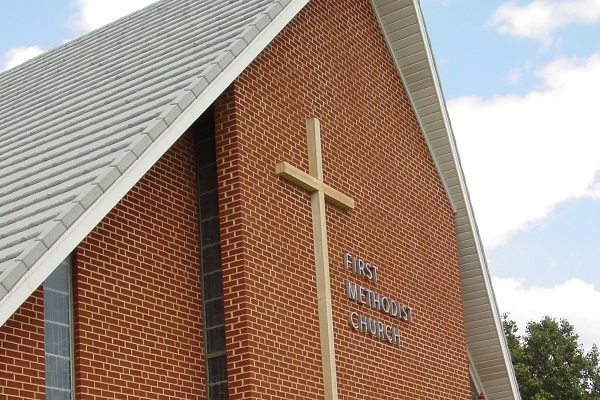
The outcome may affect the future of the church
The United Methodist Church (UMC) announced on March 14 it will investigate probable voting irregularities.[/tweetit] The findings could affect a decision made by the General Conference on strengthening the ban imposed on gay clergy and same-sex marriages. The decision continues to be a momentous one, carrying the potential to split the church.
Methodist Church Investigating Possible Voter Fraud in LGBT Vote[/tweetthis]
Concerns about ineligibility come after the General Conference event, conducted under high security, was completed. Additional measures were adopted to make sure only delegates, or if they are unavailable, only their reserves could access the voting area. Over 800 voting delegates attended the conference. An independent auditor did a joint probe with the church organizers to examine in detail the delegates’ credentialing process.
A review of the processes revealed many errors straight away. Four votes were by persons who were not eligible to do so. As per the records held by the church, all four individuals were delegates from Africa and whose votes became critical to limit the church’s rigid homosexuality rules. The 54 vote winning margin by supporters of the “Traditional Plan,” the group against gay marriage and clergy, is much more than the current number of illegal votes discovered. The conservative faction won 438-384. However, the cause for worry is that such illegal votes may impact Petition 90066, which barely got passed by the razor-thin majority of 402-400. This petition concerns disaffiliation legislation which would permit churches, given some limitations, to exit the denomination while keeping the property of the church.
The voting irregularities raise many questions concerning the process running behind the divisive decision. The adoption of the Traditional Plan devastated many progressive members. A few have even publicly discussed the possibility of exiting the UMC and subsequently creating gay-friendly churches.
In a statement, Reverend Gary W. Graves, the secretary of the General Conference, said only a restricted number of the ineligible delegates could obtain voting credentials. He admitted it is troubling to witness such a breakdown in the process.
Many UMC leaders are now considering whether they should repeat the voting process. In a phone interview. Bishop Thomas J. Bickerton, who serves on the General Conference commission, indicated such a possibility.
